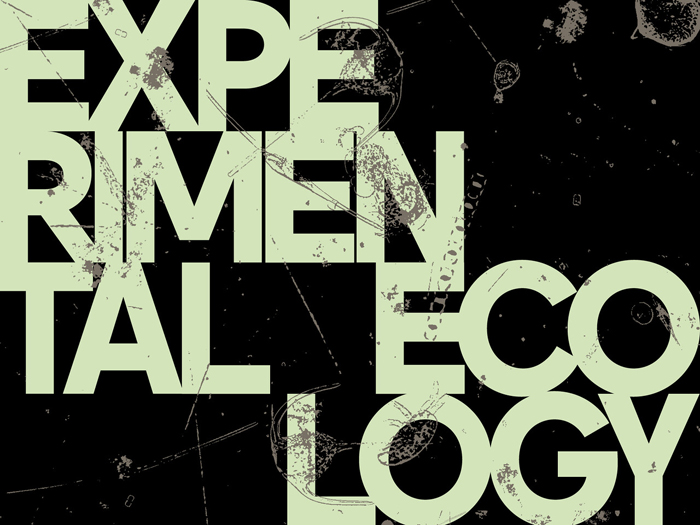Press Release
Experimental Ecology—Art x Science in Dialogue is opening this weekend at the Kulturstiftung Basel H. Geiger | KBH.G. Art far beyond fine art, science beyond mere theory—his is the concept of the curators Martina Huber and Gianni Jetzer. The exhibition records discussions amongst interdisciplinary teams about current and urgent questions regarding ecology, biology, and climate research in five thematically different projects. The exhibition is at times visual and playful, showing changes of perspective, establishing interactivity and challenging previous experiences.

Experimental Ecology
Kulturstiftung Basel (Switzerland)
25.08 -29.10.2023

Art and science on equal terms
In experimental ecology, controlled experiments are used to investigate hypotheses based on the relationships between organisms and their environment. The observed effects on populations, communities or ecosystems should help in understanding cause and effect and provide evidence for theories and predictions about ecological systems. The curators took it as a prerequisite that the conception, project work and authorship for the experiments in these five projects lie with both art and science. The initiative does not only aim to promote an active dialogue between the disciplines but also to bring it to the general public.
The teams and their projects
The German artist and author Ingo Niermann and the Australian biologist Alex Jordan are asking the question: “ow do fish feel?”or “ow does one feel like a fish?” They create a scenario using a game with a fish avatar where visitors can develop empathy with a rather inconspicuous sea creature as well as with their life and their sense of feeling. Nierman is convinced that “he sea is the biggest challenge for extending human love”
The Norwegian artist and olfactory researcher Sissel Tolaas and the American biologist and artist Christina Agapakis deal with perception and acceptance of smell in our society. “e live in a world of complete antisepsis and a continuous all-
The Canadian maritime and fishery biologist Karin Pittman and the Berlin-
The Chinese artist Zheng Bo and the German biologist Matthias C. Rilling discuss the relationship between humans and plants. To do this, they include the biology, economics, and politics of plants as well as the accumulation of plastic in soils and the water environment. “oil ecology is critical to providing a variety of ecosystems that serve humans, as well as mitigating climate change.”How do plants change due to climate change, how do they adapt to it and how can humans take their perspective.
“What role does plankton play in the marine ecosystem and in regulating the Earth’ climate?”With this question in mind, the Finnish artist Riikka Tauriainen and the Swiss climate researcher and marine ecologist Meike Vogt immerse us in the imaginary world of plankton. “lankton is sensitive to environmental changes and its condition corresponds to the well-
A publication and an extensive public program accompany the exhibition.
Courtesy of Kulturstiftung Basel H. Geiger I KBH.G.

Exhibition 25 August -

© ArtCatalyse International / Marika Prévosto 2023. All Rights Reserved